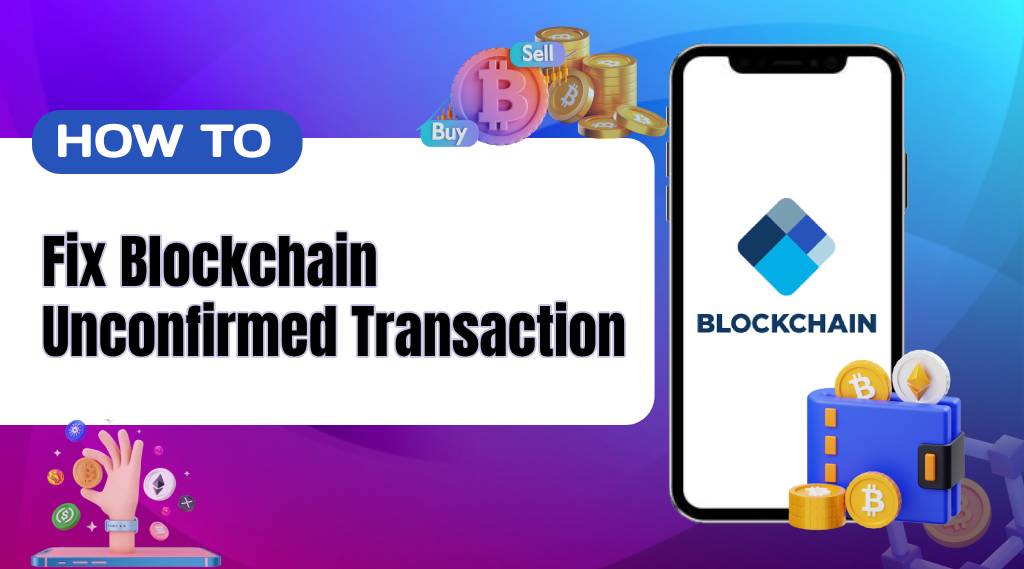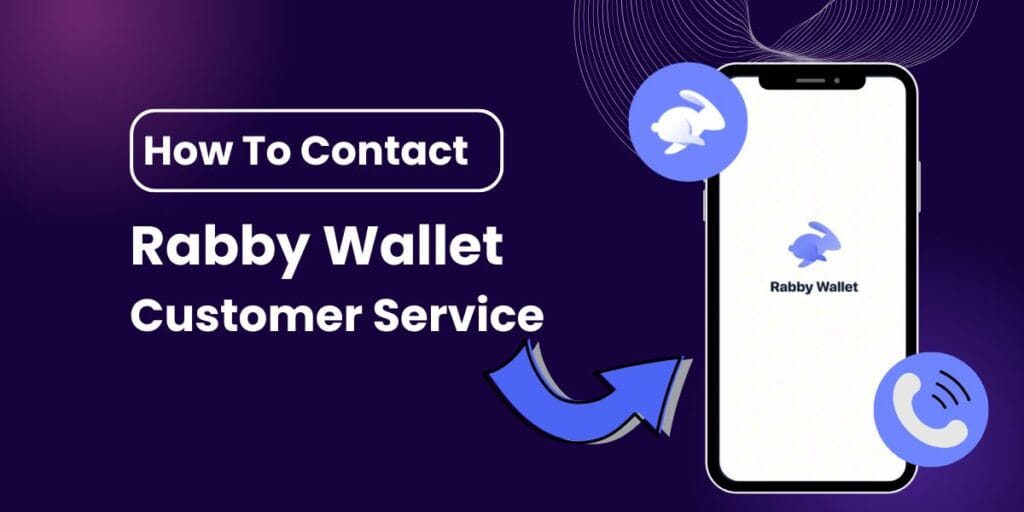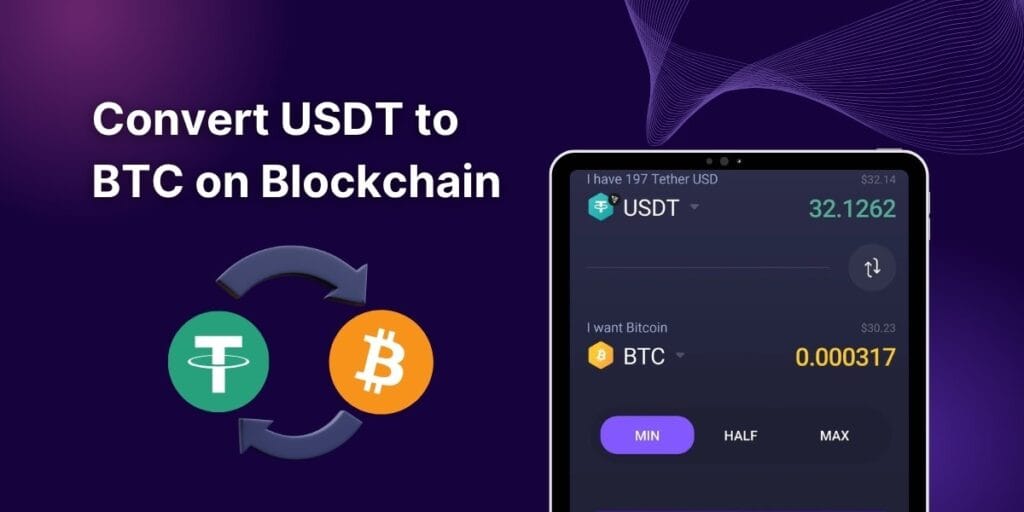Are you struggling with a blockchain unconfirmed transaction? Do you want to know why it’s happening and how to resolve the issue? . This common issue can delay your crypto transfers and leave you wondering what went wrong.
In this guide, we’ll explain what an unconfirmed blockchain transaction is, why it happens, and how you can fix it quickly and effectively.
What is a Blockchain Unconfirmed Transaction?
A blockchain unconfirmed transaction refers to a transaction that has been broadcast to the network but has not yet been verified and added to the blockchain. This means that the transaction is pending and has not been confirmed by the network’s nodes. Unconfirmed transactions are stored in a memory pool (mempool) until they are verified and included in a block.
Common Causes of Blockchain Unconfirmed Transactions
Understanding the root causes can help you prevent future issues. Here are the most common reasons:
- Network Congestion: High transaction volumes can overwhelm the network, causing delays.
- Low Transaction Fees: Insufficient fees can lead to transactions being prioritized lower.
- Blockchain Scalability Limitations: Limited block size and frequency can slow down transaction processing.
- Node Connectivity Issues: Poor internet connection or node configuration problems.
- Transaction Size: Large transactions may take longer to process.
How to Fix Blockchain Unconfirmed Transactions
To resolve unconfirmed transactions, follow these steps:
1. Check Transaction Status
First, check whether your transaction is truly unconfirmed:
- Use a blockchain explorer like www.blockchain.com/explorer or blockchair.com.
- Simply paste your transaction hash (TXID) into the search bar to view its status
If it still shows as “unconfirmed” or has 0 confirmations, move on to the next step.
2. Increase the Transaction Fee (RBF Method)
If your wallet supports Replace-by-Fee (RBF), you can boost the fee to push your transaction higher in priority.
- Use online fee estimators like mempool.space or BitcoinFees to calculate an ideal fee
- Choose “Speed Up” or “Bump Fee” in your wallet if available ( in wallets like Electrum or Trust Wallet)
Note: This option only works if RBF was enabled during the initial transaction.
3. Wait for Network Confirmation
Sometimes, patience is key:
- Most transactions confirm within 30 minutes to a few hours
- During peak times or network congestion, it might take longer
If you’re not in a rush, waiting could be the simplest and safest route.
4. Use Acceleration Services
Utilize transaction acceleration services:
- ViaWallet
- Bitcoin Accelerator
- ConfirmTX
5. Rebroadcast Transaction
Rebroadcast the transaction through:
- Wallet software (e.g., Electrum, MyEtherWallet).
- Online rebroadcasting tools.
6. Contact Wallet Support
If the issue persists, contact your wallet provider’s support or visit the blockchain customer care section for assistance.
Preventing Blockchain Unconfirmed Transactions
Avoid future delays with these best practices:
- Use Optimal Fees: Use a fee estimator before confirming any transaction.
- Avoid Peak Times: Check congestion before sending crypto.
- Choose a Reliable Wallet: Use wallets known for fast sync and great connectivity.
- Reduce Transaction Size: Sending smaller, simpler transactions can confirm faster.
📚Recent: How to Withdraw USD via Wire Transfer?
Conclusion
Dealing with a blockchain unconfirmed transaction can be stressful, but it’s usually fixable. Whether it’s increasing the fee, using an accelerator, or just waiting it out, you have several options. By understanding the causes and taking preventive steps, your future transactions can be smooth and reliable.
Still stuck or unsure what to do? Reach out through our Contact Us page we’re here for your blockchain customer care needs.
FAQs
How long does a blockchain transaction take to confirm?
Confirmation times vary depending on network conditions and transaction fees, typically ranging from 30 minutes to several hours.
Can I cancel an unconfirmed transaction?
Canceling unconfirmed transactions is challenging and often not possible. Instead, focus on resolving or rebroadcasting the transaction.
Are unconfirmed transactions secure?
Unconfirmed transactions are stored in the mempool and are vulnerable to reversal or double-spending attacks.




